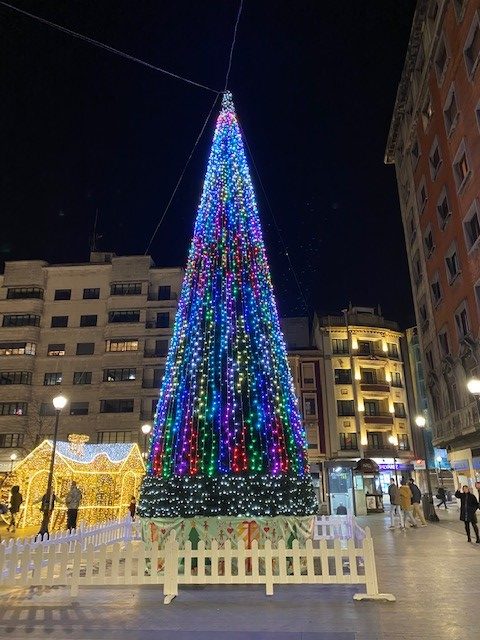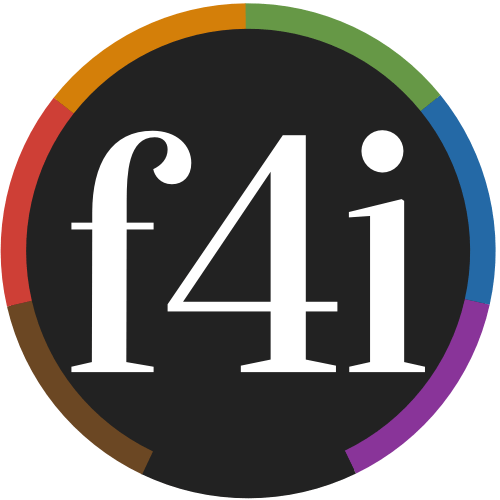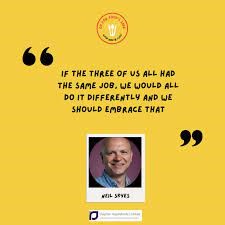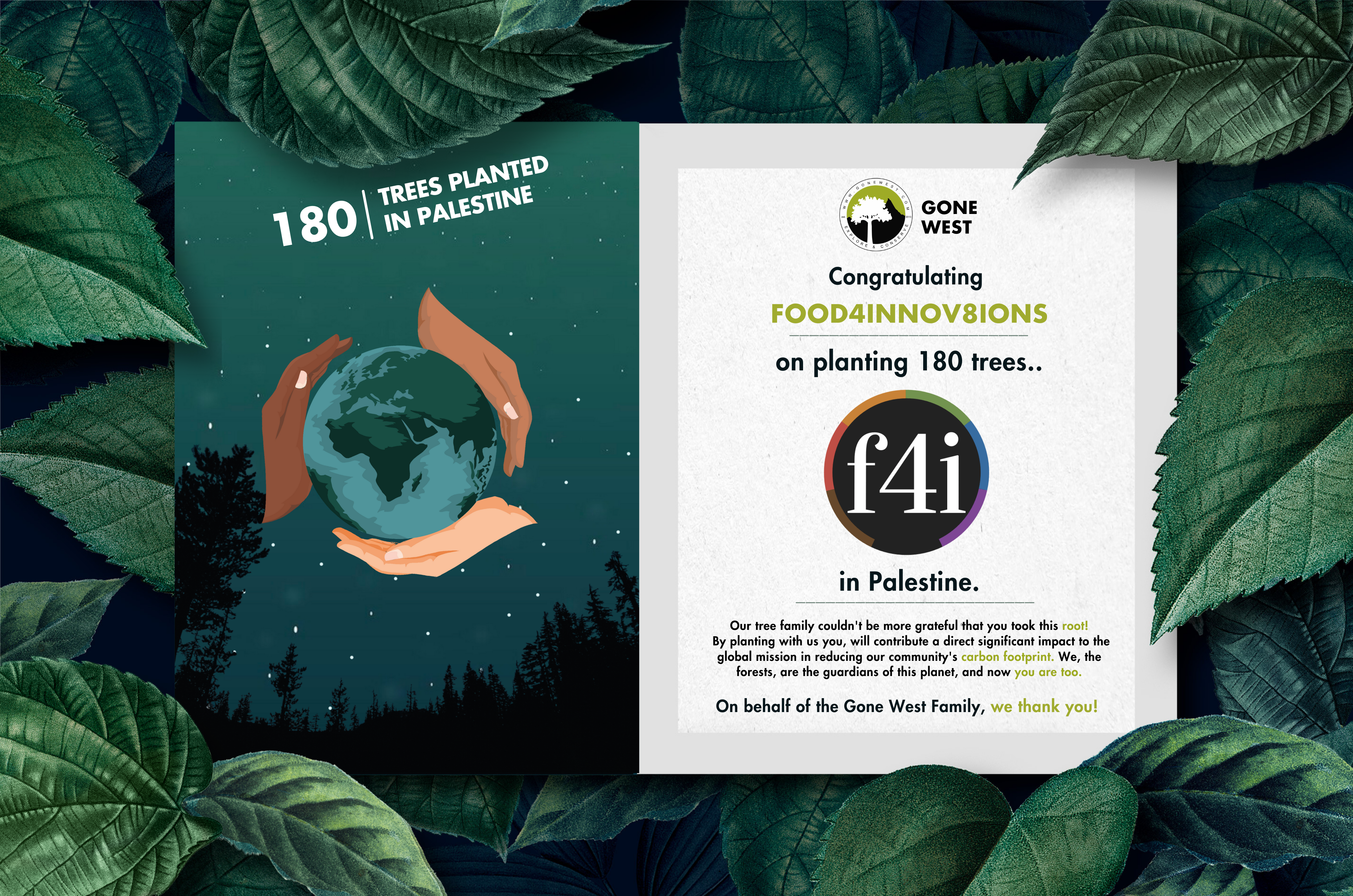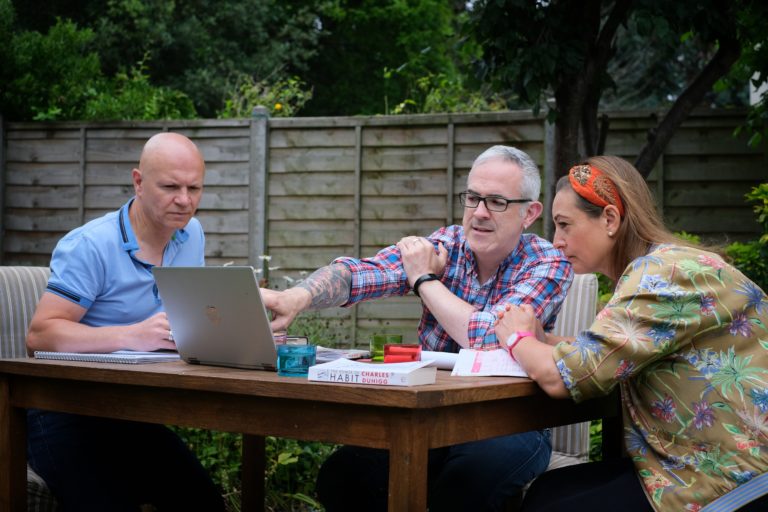Archimedes was famously sat in his bathtub when he had his eureka moment. My guess is that he had taken to his tub for a good old soak and not to indulge ponderings of the day job. Yet, that was the moment that his muse struck. Hello creativity!
I suspect that many of us have had a similar experience in the bath or shower, but why is it in such odd places that inspiration strikes? It is because our conscious mind is focused on a very mundane, very safe, auto-pilot style task, and so our unconscious mind grasps this perfect opportunity when our guard is down to provide us with the ‘ta-dah’ solution we were after.
It is when we allow our mind to wander that we really become creative. The wandering mind loves to seek out connections that push boundaries beyond the rules and regulations culture that we can often find ourselves in. When facilitating the Six ‘I’s® of Innovation around the ignite phase of the process where the mindset of creativity is essential, we encourage the challenging of assumptions, seeing how ideas could be combined or connected; we encourage being broadminded, and building a culture where all feel free to contribute ideas. In this mindset of creativity, all ideas are welcome, no matter how madcap, because you never know where that nugget of gold is going to come from.
This lateral, or abductive thinking pattern, is the basis of creativity; it is about making connections between things that are seemingly unconnected. It is where we ask ourselves ‘what does this remind me of/what is this like? And ‘like’ is the key word here, it is about observing what we know and using our imagination to adapt it to other uses elsewhere. By putting what we know in a different context, we become more flexible in our thinking, we begin to notice different patterns that might stand out because of its similarities or its differences to what we had previously accepted as the norm.
More than ever before, right now we have all been challenged to be more creative in how we go about our daily lives. We have had little choice but to adapt our previous normal to our best new approximation using the resources we have around us. Using our natural propensity to creativity has become a way of reconnecting with some of the skills we had lost; skills that a world that does a lot of things for us has negated our conscious need for.
In the world of Neuro Linguistic Programming (NLP), when teaching the presuppositions, one that really stands out for me is that ‘people have all the resources they need’. This is certainly playing out in the corona world. This virus has invited us to unlock our brains from our regulated thinking and view it all through a different lens, and when we change how we look at things, the things we look at change; and fertile and creative possibilities open up before us. The unconscious mind really is a clever beast, all our learnings and our behaviours come from there, as do the changes when we decide it is time to get out of our own way and be creative.
As a species, looking to the future is one of our unique traits; we all daydream, we all have an imagination, we all create our own ‘how’ of how we would like it to be. And then we do our best to make as much of it as real as it can be. We are wired for creativity, kids do it all the time, they love the land of make-believe; and really, isn’t this where we all still going when we are daydreaming? There have been some great examples of creativity recently; one of my favourites was a surgical face mask that had clear plastic sewn in to make the mouth visible – great for two reasons, firstly so those who lipread can; and secondly because a friendly smile is just what the doctor ordered for someone who might not be in the best of places. These masks connect the desire for being ‘human to another human’ with a need to be medically useful and reassuring; the result is meaningful connection; we are wired for that too.
And to finish, here’s the reason for the Christmas tree … one of my favourite pieces of creativity ever. The first artificial Christmas trees were manufactured by a company that made loo brushes; the technology was the same; they just adapted it for a different context; Christmas trees and loo brushes are seemingly unconnected after all, unless you choose to make the connection of course.
This post was originally published on Neil’s LinkedIn page.
